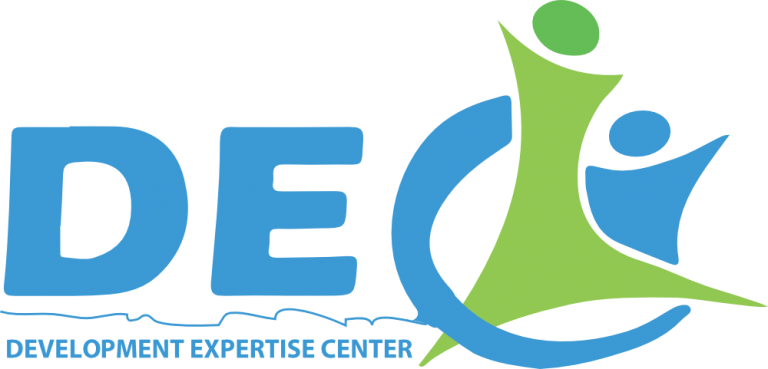| Strategies |
Description |
| Capacity Development |
Capacity building is one of major strategy that DEC uses in order to ensure expected result of projects and bring visible impact. The program integrates different beneficiaries and stakeholders. Teachers, school management, governmental experts, CSO experts, health experts, PTSA (including parents), community members (religious and community leaders) on SRH, advocacy, Gender Transformative Approach (GTA), youth friendly services, and HTP’s such as CM and TP. |
| Creating an enabling environment
|
The role of community participation to ensure the SRH health of young people is vital. Therefore, we incorporate the participation of parents, community leaders, religious leaders, school directors and community level organizations in our program. We prove evidence based youth-led intervention to raise awareness and enhance the rapport between adults and young people. |
| SRH education facilitation |
SRH facilitation for in school young people is our substantial strategy that has resulted in creation of well- informed young people. The facilitations takes place in school through equipped SRH trained teachers. This guarantees quality based transfer of information and ensures evidence based education. Our well organised, contextualised, evince based, and age appropriate manuals supports the proper education delivery to the young people. On the other hand, this strategy is advantageous in strengthening school clubs and awareness raising on to the general school community through exhibitions and through youth led- activities that takes place in the schools. |
| Lobby and Advocacy |
With the new CSO law on lobby and advocacy, DEC has enhanced its capacity being an expert in this imperative strategy in addressing SRH information and education. Since the new policy, we have achieved new initiatives through advocacy and lobby that supports the integration of SRH education in the Ethiopian federal school curriculum. We utilize this strategy through coalition with different organisations and individual allies. Capacity building on SRH, advocacy and lobby, community conversation, and data documentation are the main activities that promotes the curriculum. Youth, parents and other school community members are advocates in the implementation process.
To alleviate lobby and advocacy we take part in existing and new technical working groups initiated by MOE and MOH. We support the working groups in our expertise and experience in SRH education and enabling environment. |
| Linking schools with Health facilities |
Linking target schools with nearby health facilities for age appropriate SRH service utilization. Furthermore, we strengthen referral linkage and networking among schools and service providers. |
| Learning and Sharing |
Learning and sharing of experiences among schools, youths, and advisory committees is our fundamental strategy. We create the platform to bring key stakeholders and beneficiaries to share experiences and overcome challenges. |
| Ensuring Sustainability
|
Using our tools Whole School Approach (WSA) and Local fund raising we ensure the sustainability of SRH education and information provision. Both tools creates the platform to augment the synergy among stakeholders such as school management, teachers, parents, education and health offices, and students. |
| Use of innovation and technology |
This strategy supports to increase SRH education and information to larger people. Using knowledge boards, local media, and cultural bands we disseminate evidence based information to the mass. |
| Meaningful participation of young people |
Involving young people in all level of project implementation and positions in the program. |
| Coalition with government Bureaus |
Women and Children Affairs, Health, Education, Youth and Sport bureaus at regional, zonal and district levels. |
| Monitoring and evaluation |
An organised monitoring and evaluation using our M&E tools. |

